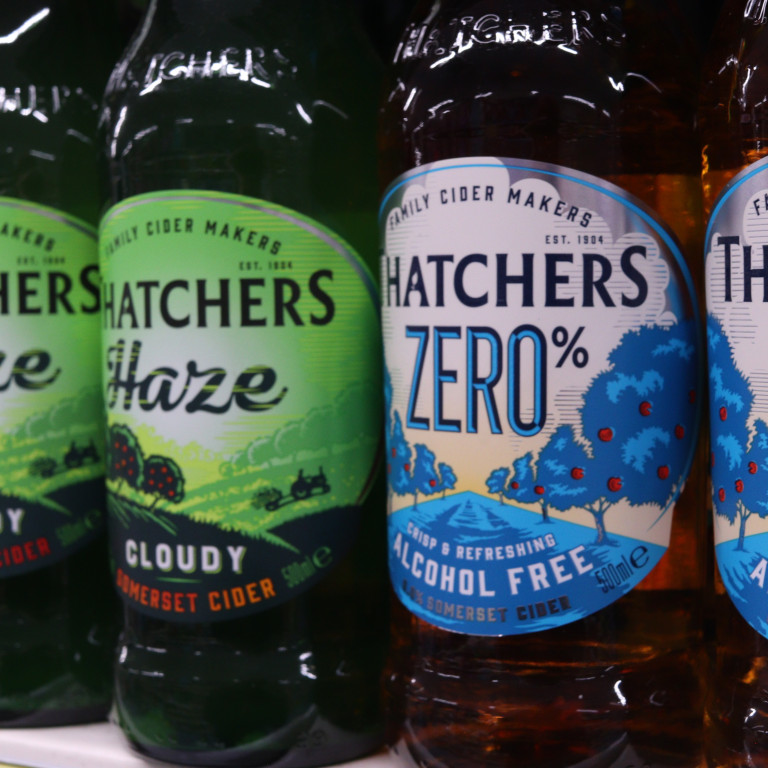Filing a trade mark application may appear straightforward, however, there are some key pitfalls that should be avoided.
In this insight we provide an overview of the common trade mark errors we encounter in our intellectual property practice and how Tozers can help futureproof your trade mark portfolio.
1. Ownership
Trade marks can be word marks, logo marks (commonly referred to as “device marks”), or a combination of both. Copyright ownership should be considered as many businesses work with graphic designers to help them develop their branding. Copyright can also be jointly owned which can create further complexities. It is essential to deal with ownership to avoid potential problems later.
For the legal ownership of intellectual property rights to pass from one person to another there must be a written assignment signed by the owner of the work. We can assist with drafting a bespoke assignment of intellectual property rights to meet your specific requirements.
2. Lack of due diligence
A registered trade mark gives you a “monopoly right” to stop others from using an identical or similar mark in respect of similar goods or services. If your mark conflicts with a registered trade mark then it may lead the registered owner of a trade mark to oppose the application which can lead to significant legal costs and can take 12-15 months to reach a conclusion.
We can perform searches of the UK Intellectual Property Office’s (“IPO”) trade mark register before application to establish whether the same or similar marks already exist. We can also offer a proactive service by contacting the registered owners of marks who might raise potential objections.
3. Inadequate protection within the trade mark specification
It is only possible to include goods and services that you currently offer or have a genuine intention to offer shortly, e.g. over the next 5 years. If your goods and services are not adequately covered in your application then you could struggle to enforce your rights. On the flip side, if you attempt to register a mark including goods or services which you do not offer it may be vulnerable to cancellation by a third party who wishes to use the mark.
Once submitted, a trade mark application cannot usually be amended so you will save on both IPO fees and legal fees if you obtain expert advice prior to submitting your application.
We can advise on appropriate classes of goods and complete and file an application with the IPO.
4. Weak mark
Whilst trade marks must meet stringent registrability criteria, the IPO will not automatically reject trade marks that do not qualify unless there are obvious defects. Instead, they rely on third parties to oppose or invalidate these marks. What this means in practice is that trying to enforce your intellectual property rights in a weak mark may leave you vulnerable and open to trade mark invalidation by a third party.
Our expert team can advise on the hierarchy of trade marks and consider vulnerabilities in your branding.
5. Registering the wrong type of mark
Many businesses mistakenly assume that trade mark registrations are predominantly concerned with protecting a logo. Company names, brand names, straplines, etc. should also be registered as word marks and advice should be sought to ensure that you enjoy the broadest protection available.
Because a website domain name can only be composed of words and cannot be represented in a logo form, having the word mark is vital because it gives you control of domain names and prevents others from being able to use the word in their domain name or on their website.
6. Incorrect representation of the mark
The fundamental rule of trade mark registration is that the mark must be registered in the way it is represented. Once registered, you can use the ® sign next to the exact representation of your marks so it’s key to ensure that any logo versions with the IPO are filed in a way that they are going to be used in the course of your trading activities.
We can take a detailed fact find from you to help you take stock of your branding and advise what to register with the IPO.
7. Over-reliance on trade mark series
One of the benefits of registering a trade mark series is that you save money on numerous applications by registering up six logo marks in one application for an additional fee. However, around 40% of applications don’t meet the requirements and the IPO does not allow you to modify the logos once filed. The key is that the logos have to “look the same, sound the same, and mean the same”.
We can advise you to ensure that your logo variations are protected and provide specialist advice about what is likely to meet the requirements of trade mark series.
8. Not registering a trade mark before launching your brand
You can launch a new brand before obtaining trade mark registrations but it can be costly to obtain the necessary rights afterwards. Delaying registration merely leaves the door open for a third party to potentially register a conflicting mark that will later become an obstacle to registration and increase your costs of securing trade mark protection for your business.
We can provide bespoke advice and agree on a timescale to draft the trade mark application before you commence your new business.
Find out more
Thoughtful registration of IP lies at the heart of many a business success.
It is essential to get the application right and we can provide specialist advice about how to maximise the protection available to you. If you would like help or support with trade marks then visit our dedicated Intellectual Property pages or contact our expert team.




